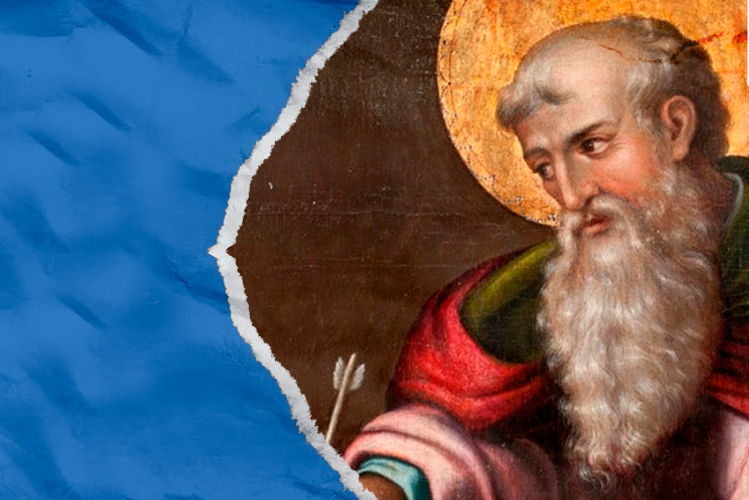Author: Justo L. González
Few people in the history of the Church have been studied as much as St. Augustine. There are thousands of books about his theory of knowledge, his struggles with the problem of evil, his difficulties with the idea of a disembodied God, his doctrine of grace, and above all his conversion in the garden of Milan.
But generally little attention is paid to Augustine's experience as a mixed race. Indeed, Augustine's father, Patricius, was an official of the Roman Empire in the North African city of Tagaste. There he married Monica, whose ethnic roots seem to have been Punic or Berber. It was from this bicultural marriage that Augustine was born; and it was in this family, with its tensions between two cultures, that the future theologian grew up.
What little we know about that family's life reminds us of much of what our mixed-race families, often living between two or more cultures, experience every day. Monica wanted to make sure that her son did not lose his Christian tradition. Monica's Christianity, like that of all of North Africa, had been characterized by strict positions, which had given way to Donatism. Although Monica herself was not a Donatist - or, if she had been, she was no longer one - there were still several of Augustine's relatives who were. Undoubtedly, Monica was absolutely determined to make her son a Christian as well, and - as Augustine himself recounts - she prayed constantly for the conversion of both her son and her husband.
On the other hand, Monica also knew that to advance socially and economically in that environment being Roman was a great advantage, and being African was the opposite. She herself had experienced this in her own marriage, since Patricio's mother and therefore Monica's mother-in-law had not looked favorably on the marriage of her Roman son to an African woman. Now she wanted to spare her son such pains, and therefore wanted him to be as Roman as his father - but also Christian, like her.
The resulting tensions between those two cultures, and the constant search for his own identity, were the context within which Augustine lived the experiences he recounts in his Confessions. Let us not forget the role of Ambrose in Augustine's conversion. In a sense. what Ambrose's preaching showed the young Augustine was that it was possible to be a devout Christian and at the same time express that devotion in terms of the most elegant Greco-Roman rhetoric. Further reading showed him that it was possible to accept the best of the Greco-Roman philosophers and use it to understand and defend the Christian faith.
If we were to move from that conversion experience to the later development of Augustine's theology, we would see that in the midst of his controversies Augustine reflected at times what he had inherited from his Roman father, and at other times what he had inherited from his African mother.
All this means that, as a mestizo people, we can discover dimensions in the development of Augustine's thought that would otherwise remain hidden from us. In doing so, we will be proving what so many have said before: that our experience of mestizaje, amidst all the difficulties it creates, is also an opportunity to better understand the history and nature of Christianity itself, and thus to contribute to its better understanding and practice by the whole church.
(What I say here in abbreviated form I expressed earlier in the book published by AETH and Abingdon Press, Introduction to the Mestizo Theology of St. Augustine, which I later adapted and translated into English and has been published by Inter-Varsity Press as The Mestizo Augustine).


How can I acquire the book on the mestizo theology of Augustine of Hippo, written by Dr. Justo Gonzalez.